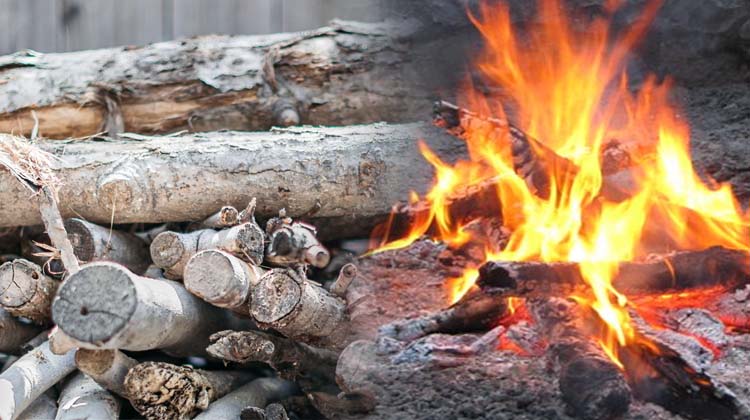An alarming one billion people in Africa continue to cook using open fires and harmful fuels that endanger both human health and the environment, according to a new report by the International Energy Agency.
The IEA’s latest findings reveal that nearly four out of every five African households rely on traditional fuels such as wood, charcoal, agricultural waste, or animal dung, which are hazardous to both indoor air quality and the planet.
“This is one of the greatest injustices of our time, especially in Africa,” said Fatih Birol, Executive Director of the IEA, in an interview with AFP.
Globally, around two billion people still cook using these unsafe methods. In Africa alone, an estimated 815,000 people die prematurely each year due to respiratory and cardiovascular complications linked to indoor air pollution.
Women and children are disproportionately affected. “They are the ones who spend hours gathering firewood and tending to the fires—time that could otherwise be spent on education or income-generating activities,” Birol added.
The environmental toll is also significant. The widespread use of firewood and charcoal contributes to deforestation, diminishing carbon sinks that are crucial in mitigating climate change. The IEA equates the annual greenhouse gas emissions from cooking in Africa to those of the entire aviation industry.
Despite the severity of the issue, the IEA insists the solution is within reach. A summit held in Paris in May 2024 secured $2.2 billion in funding commitments from public and private stakeholders, along with pledges from 12 African governments to address the crisis.
“Already, we are seeing tangible progress,” Birol noted. “A stove manufacturing plant is being built in Malawi, and new affordable stove programs are underway in Uganda and Côte d’Ivoire.”
The IEA recommends an annual investment of $2 billion—just 0.1% of global energy investment—to ensure that every African household gains access to clean cooking technologies by 2040.
“Alternative solutions are readily available,” Birol said. “These include solar-powered electric cookers, renewable gas, and even liquefied petroleum gas, which, while not perfect, is far better than continued deforestation.”
If implemented successfully, the clean cooking initiative could prevent 4.7 million premature deaths and reduce carbon emissions in sub-Saharan Africa by 540 million tons by 2040.
“It’s not just an environmental imperative—it’s a moral one,” Birol concluded. “For once and for all, this problem can be solved.”
The IEA urges continued collaboration among governments, private sector actors, and global development partners to ensure clean cooking becomes a reality across Africa.







